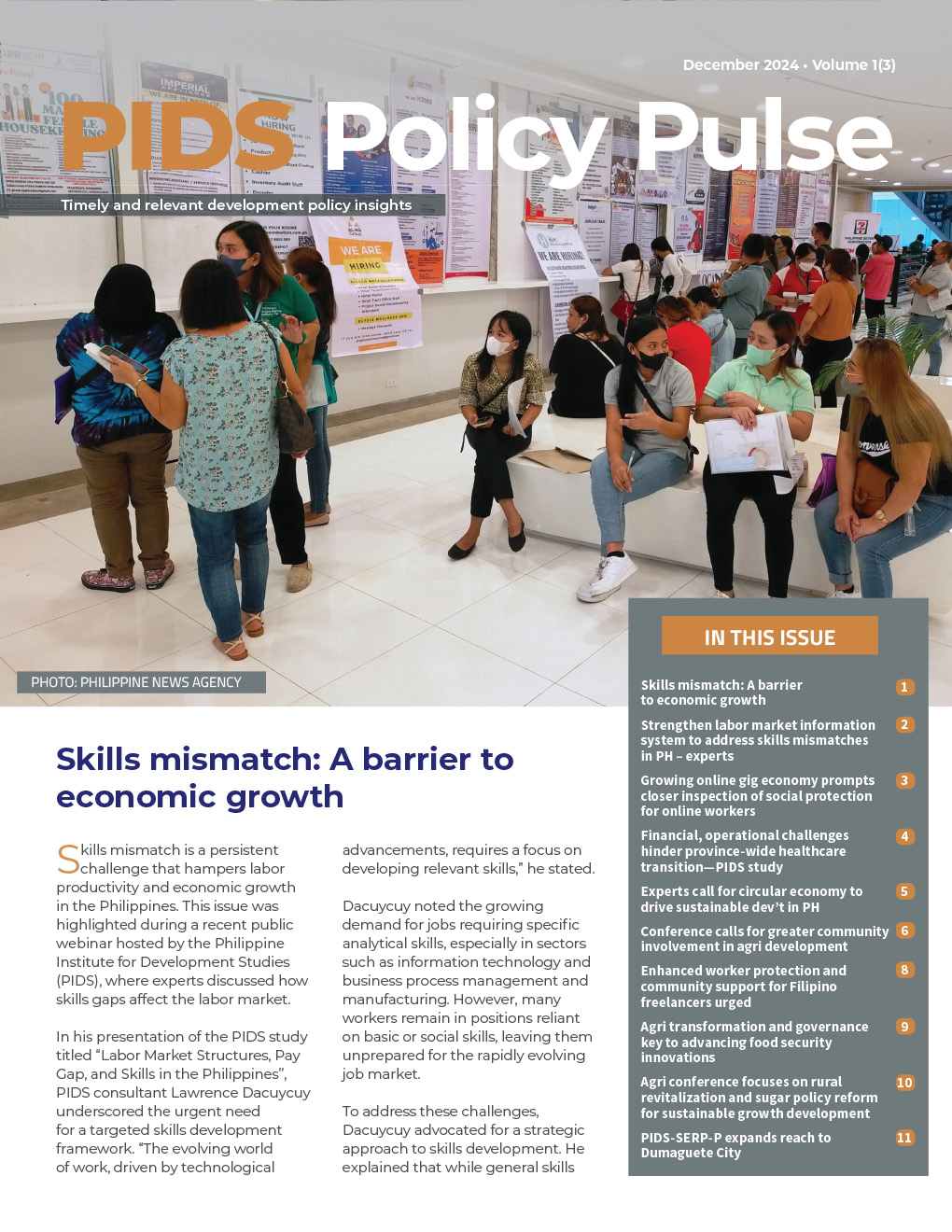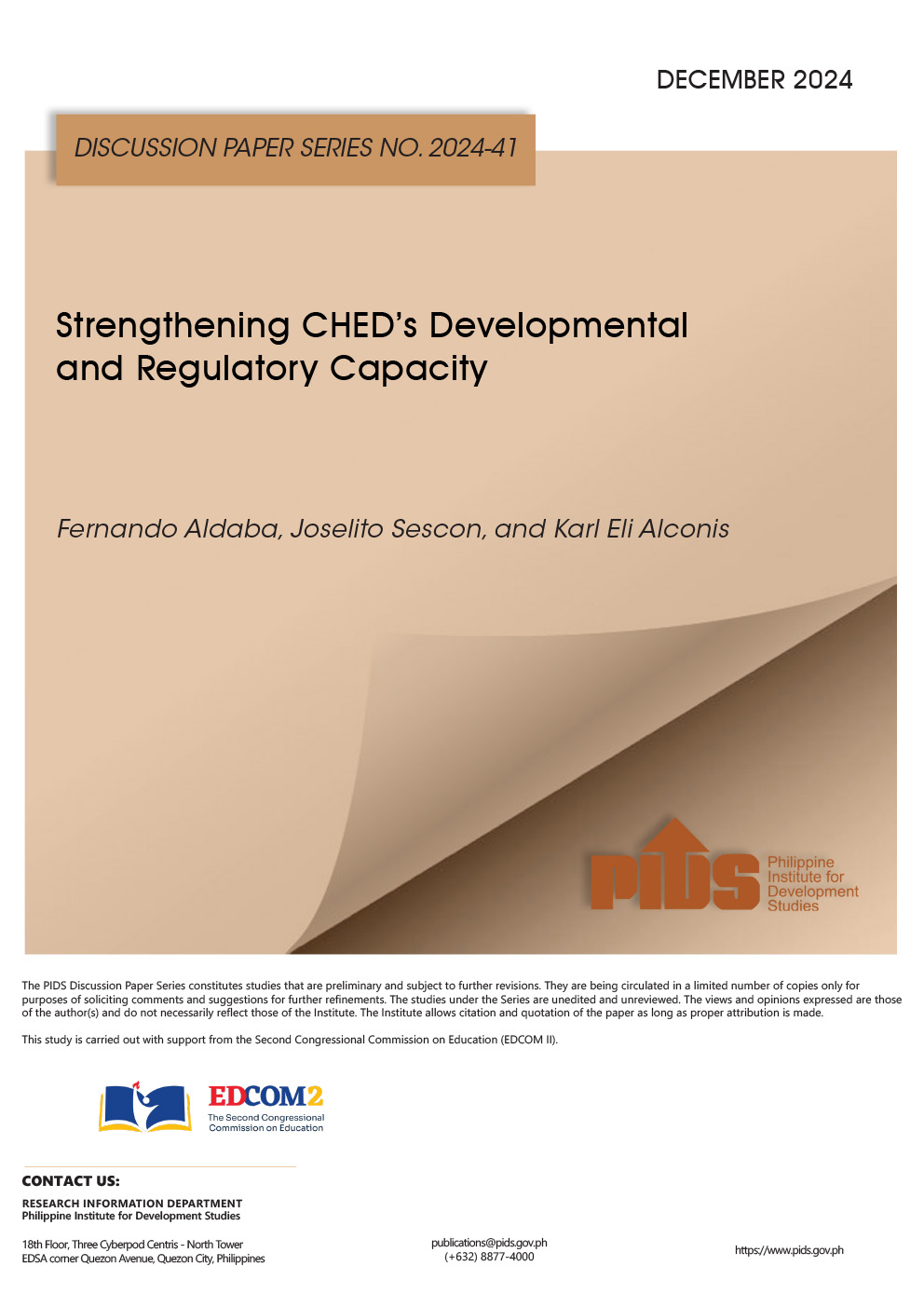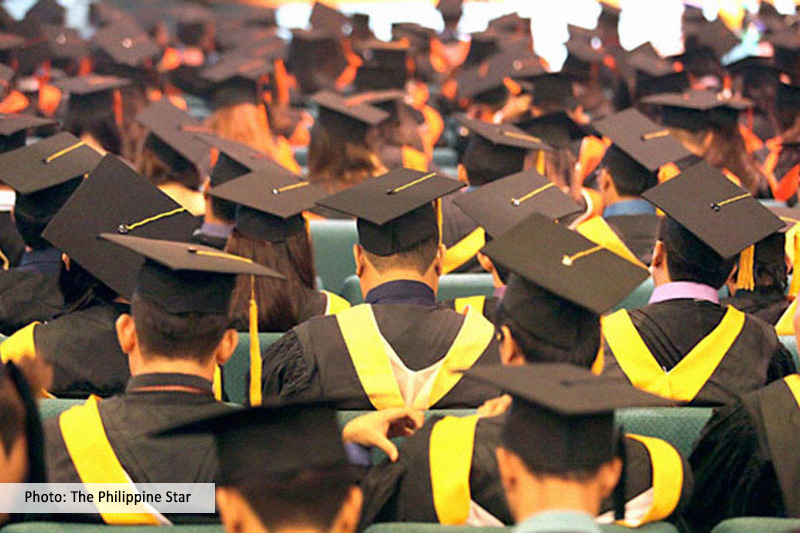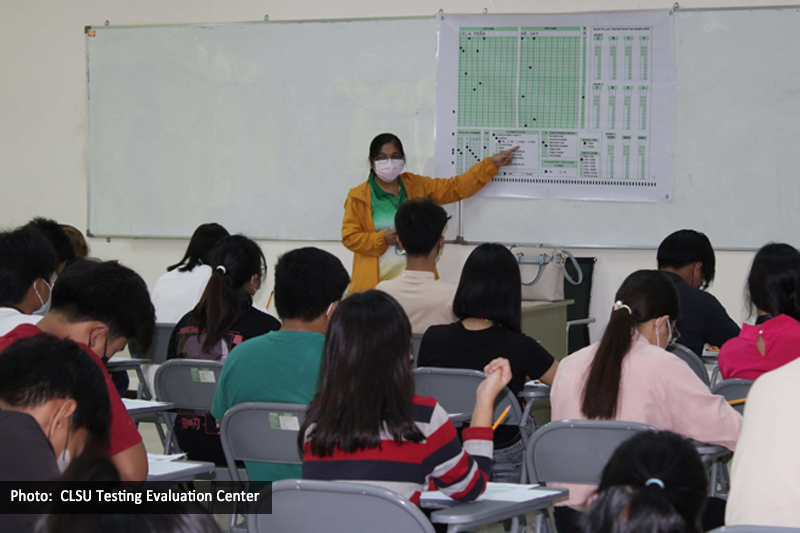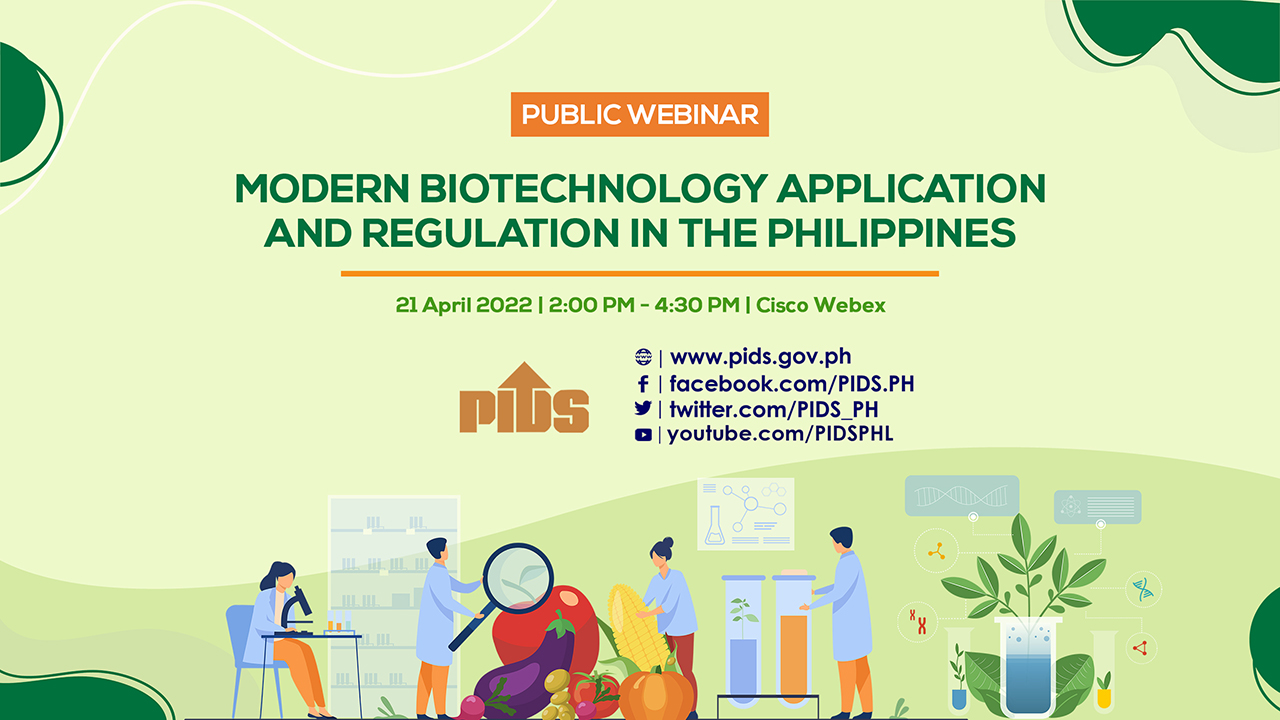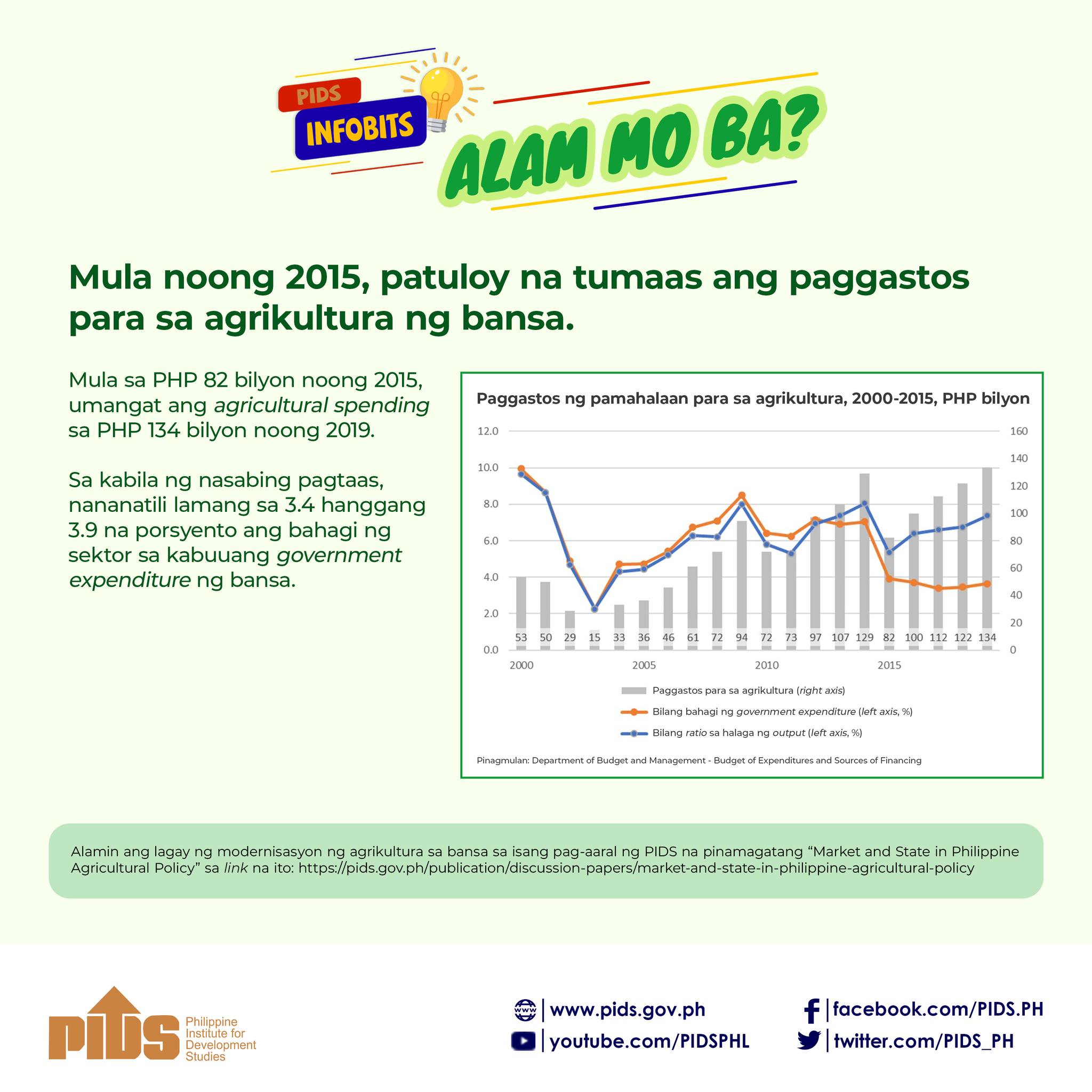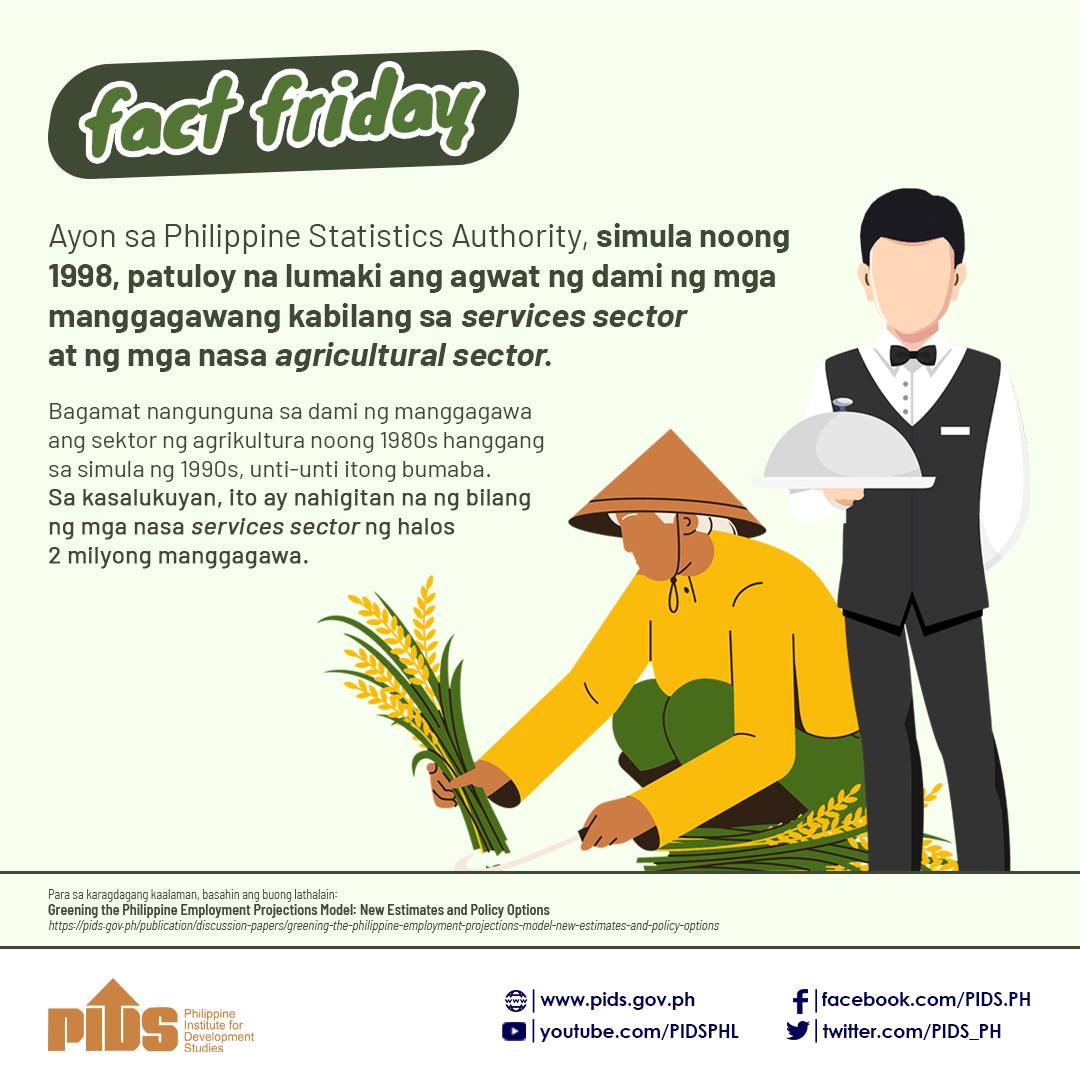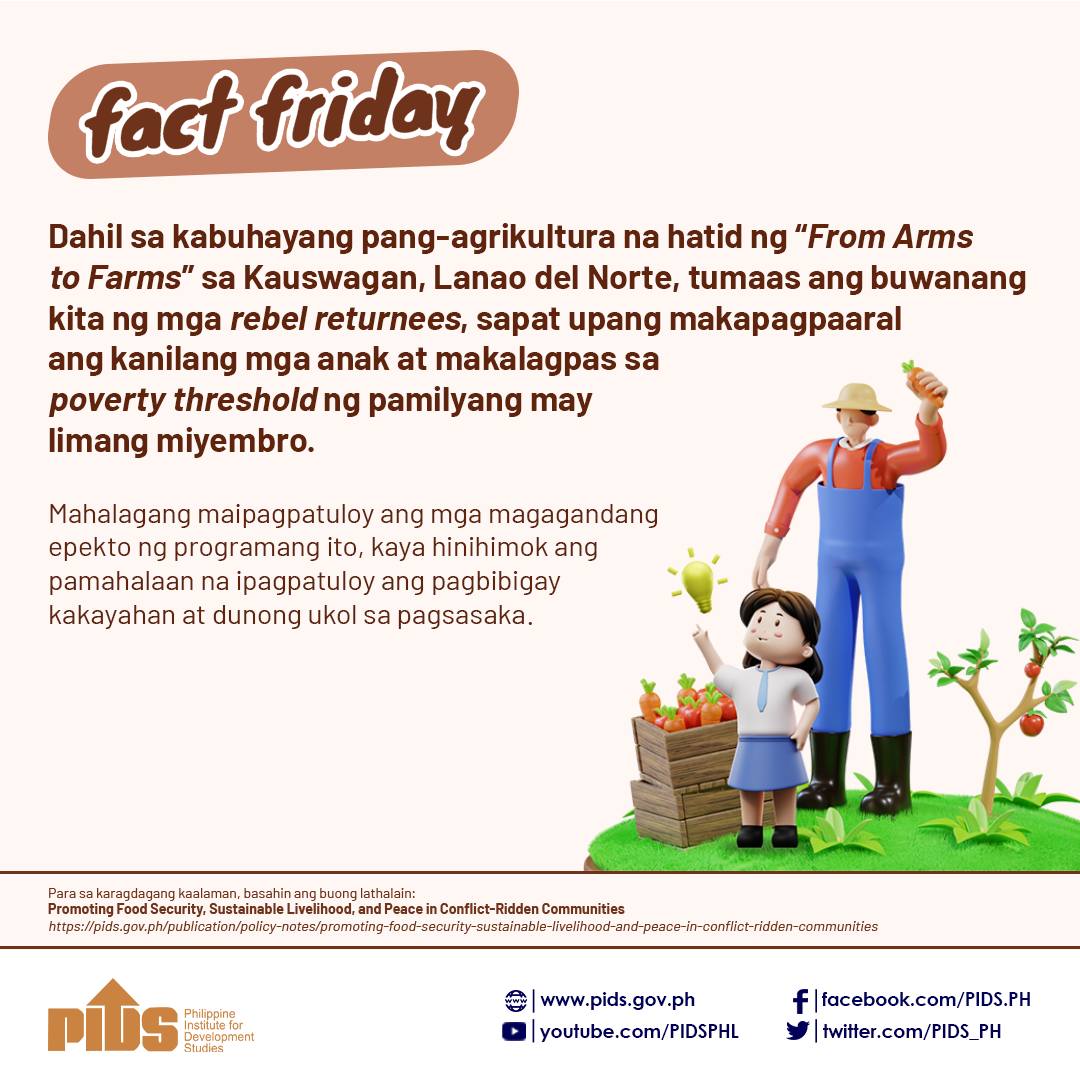A partnership between the Philippine Council for Agriculture, Aquatic and Natural Resources Research and Development of the Department of Science and Technology (DOST-PCAARRD) and the academe is expected to boost interest for agri-aqua related courses among high school students. Tackled in a forum during the 6th PCAARRD Anniversary Celebration, the program, “Students Teachers Agri-Aqua Ambassadors for Innovation and Livelihood (STAIL),” aims to address the decreasing number of students enrolled in agri-aqua related courses.The downward trend in enrollment in the said field is shown in a comprehensive study on trends, prospects and policy directions in higher education in agriculture, which was published in 2013 by the Philippine Institute for Development Studies (PIDS) and PCAARRD.Along this concern, PCAARRD sees its partnership with the academe as a tool in providing the much needed impetus to achieve the ideal research and development workforce for the said sector. Corollary to this need, the program aims to develop a science and technology culture among public high schools initially in the province of Laguna, and later on in the whole of CALABARZON. The effort is expected to be replicated by the Council’s regional consortia once the program is fully operational. Speaking before teachers and school administrators during the forum, Dr. Danilo C. Cardenas, Deputy Executive Director for Administration and Resource Management and Support Services, explained the importance of addressing the decline in agri-aqua related courses in relation to the increasing demand for food and other farm products in the country. Cardenas likewise mentioned students’ poor performance in science, English and math and how the Council could possibly be of help along this line through consultation with the academic sector, particularly in the secondary level. Dr. Nelson A. Lopez, Chief Aquaculturist from the Bureau of Fisheries and Aquatic Resources (BFAR) explained the proposed policies, standards and guidelines for fisheries which is being prepared by the technical committee for fisheries of which he is a member. Lopez said that the revision was necessary to produce globally competitive graduates in the area of sustainable aqua culture, capture fisheries, post-harvest, and aquatic resource and ecology. Dr. Ma. Victoria O. Espaldon from the School of Environmental Science and Management (SESAM), University of the Philippines Los Baños (UPLB), on the other hand, explained the role of the agriculture, forestry and fisheries sector in generating employment for about a third of the country’s labor force.To revitalize the sector, Espaldon noted the need for investment in human capital, particularly through the provision of quality basic education, competitive technical vocational skills, training, and relevant and responsive higher education. Jeselle S. Laranas of the Institution Development Division, PCAARRD, briefed the teacher-participants, including their students, who were gathered in a separate forum, on the DOST-PCAARRD scholarship program and its aim to help in reinforcing the country’s research and development workforce in the agriculture, aquatic, and natural resources sector. Laranas explained that a developing country like the Philippines, requires 380 researchers, scientists and engineers per million population. The ratio in the Philippines, however, is determined at 270 per million population at present. The forum was followed by a visit of the teachers to the PS Faylon Hall of the DOST-PCAARRD Innovation and Technology Center, PCAARRD Complex where they viewed various technology exhibits in the agriculture and aquatic sector, following the viewing done by their students. Aside from the DOST-PCAARRD scholarship program, the high school students were briefed on the regional and national invention contest and were provided a website tour of the Smarter Approaches to Reinvigorate Agriculture as an Industry in the Philippines (SARAI).SARAI, a DOST-PCAARRD funded project, addresses the negative effects of climate change. It aims to provide a decision support system in the agricultural sector by using modern tools and techniques. Some of the technologies developed include the SARAI knowledge portal, Smarter Pest Identification Technology (SPId Tech), and Crop suitability maps. The students were also introduced to the basic principles of intellectual properties. Dr. Melvin B. Carlos, Director of the Technology Transfer and Promotion Division oPCAARRD, which coordinated the forum, observed that the teachers’ participation and response during the forum was indicative of bigger undertakings to come for the STAIL program. (R.R. Argana / DOST-PCAARRD)
Program to boost interest for agri-aqua courses among high school students


